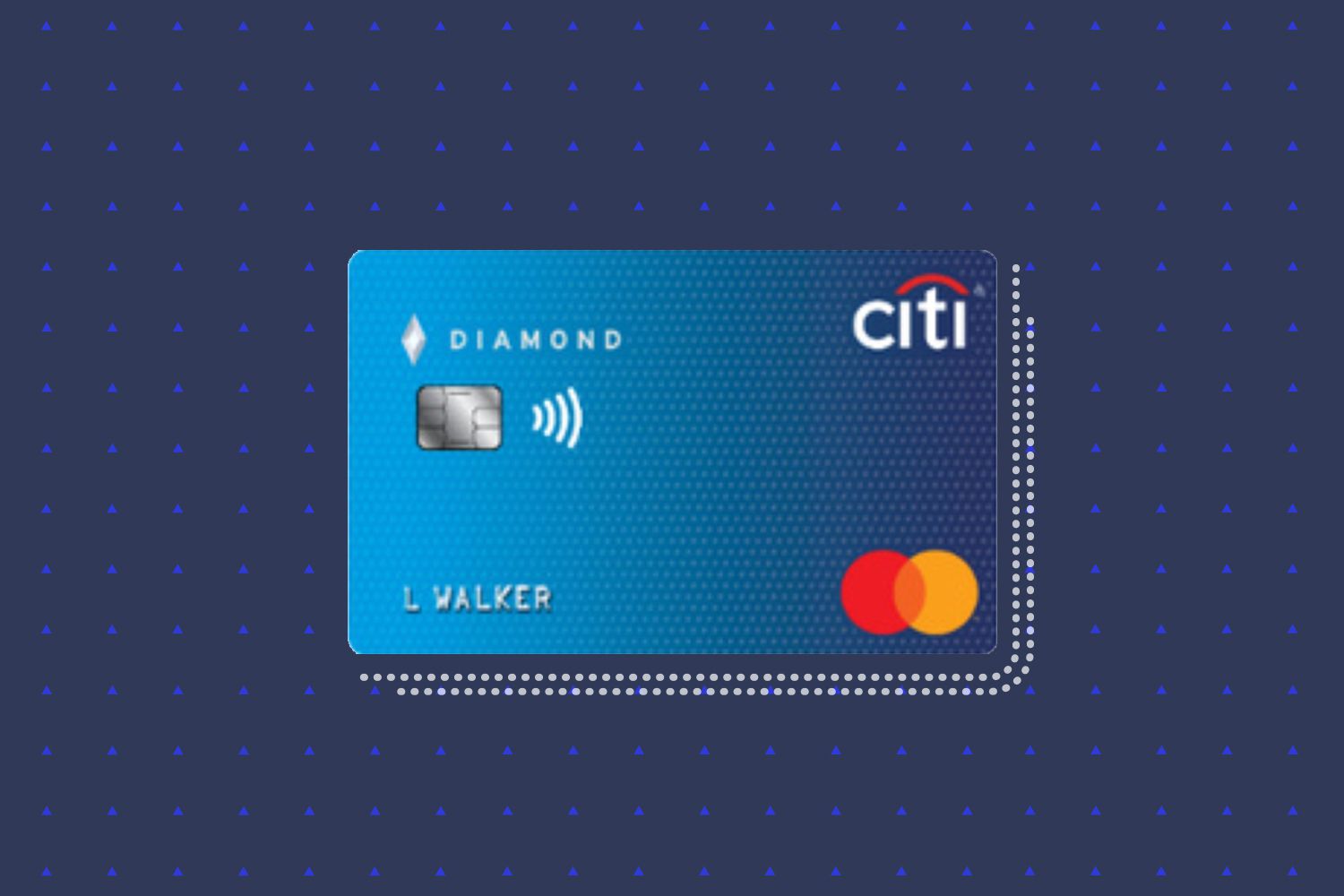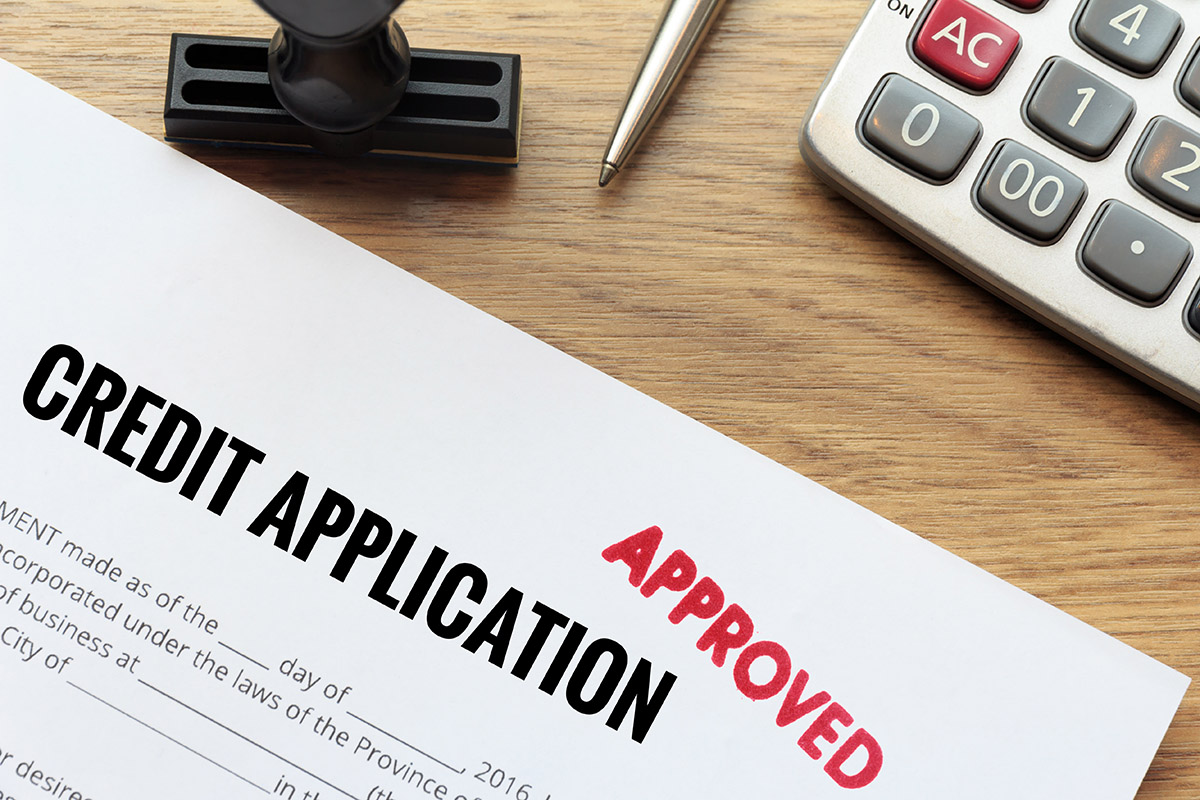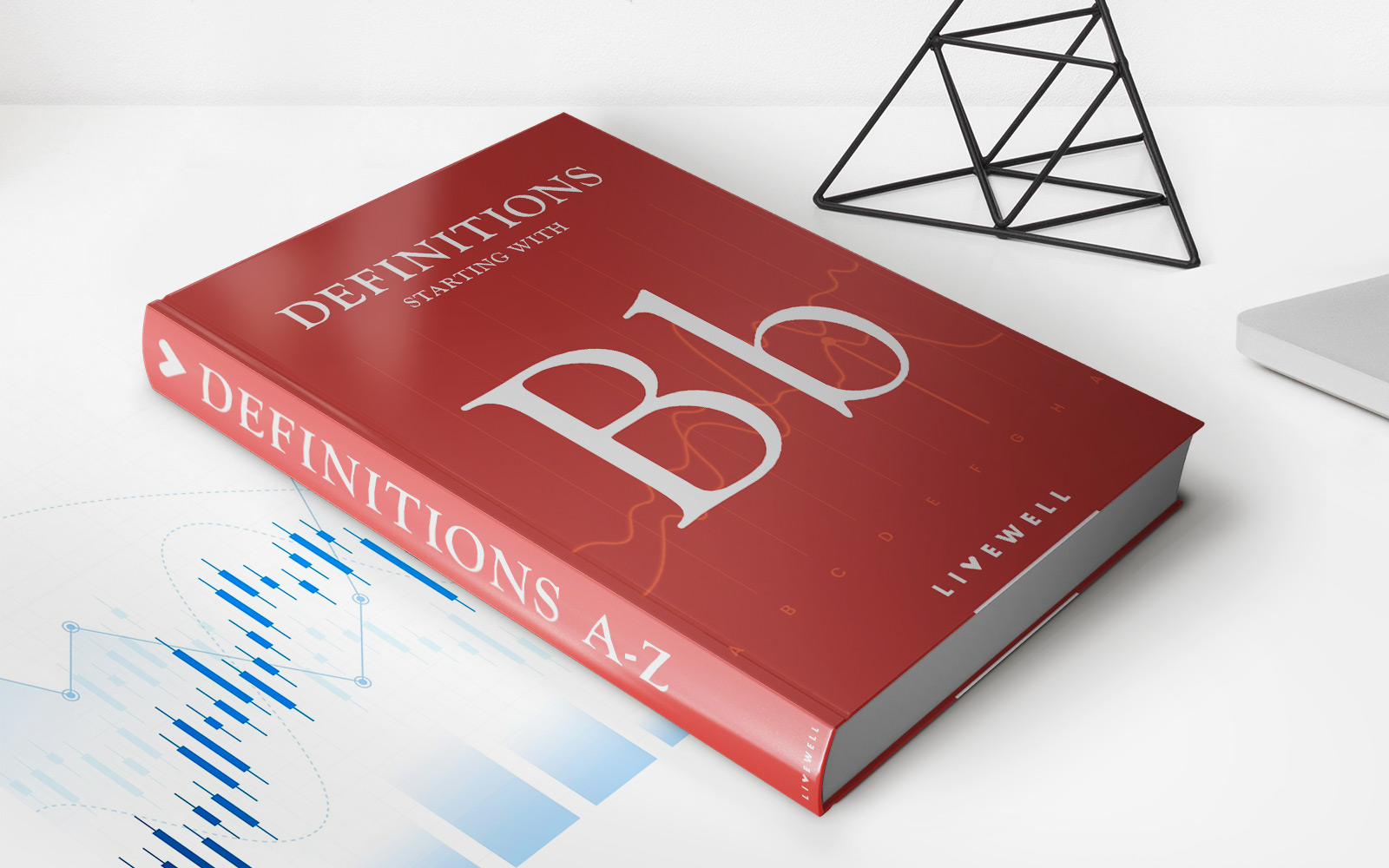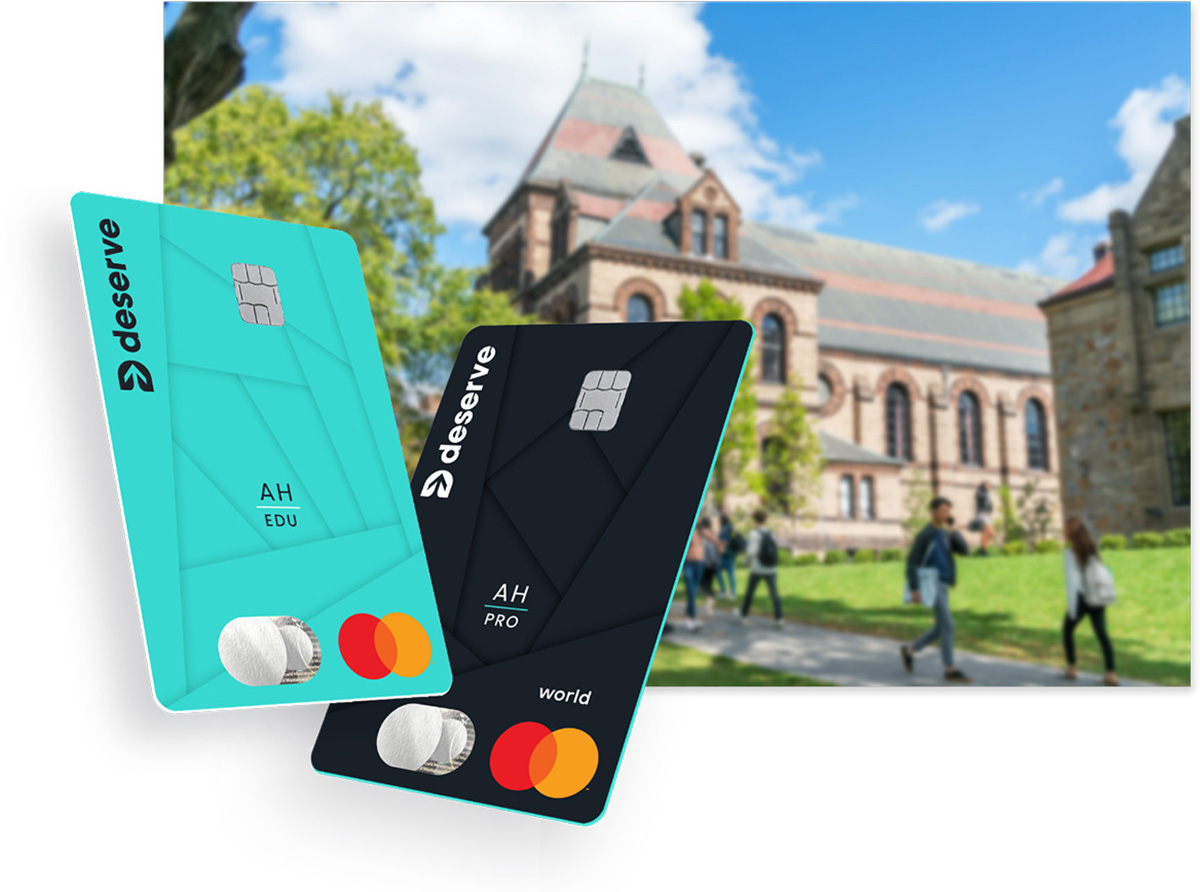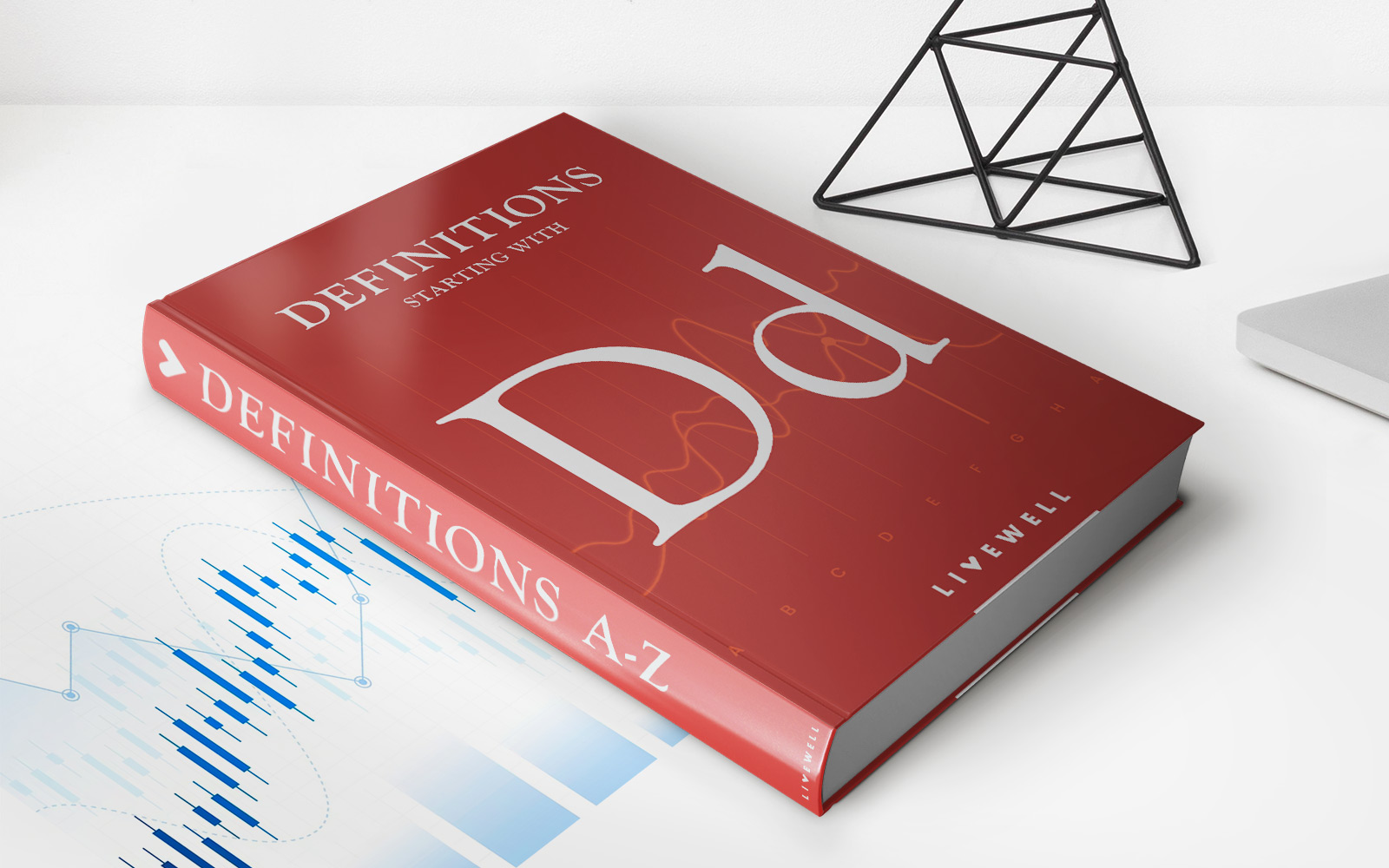

Finance
When Should I Get A New Credit Card
Modified: March 6, 2024
Wondering when to get a new credit card? Discover the best time to make a change and improve your financial situation with our expert finance tips.
(Many of the links in this article redirect to a specific reviewed product. Your purchase of these products through affiliate links helps to generate commission for LiveWell, at no extra cost. Learn more)
Table of Contents
- Introduction
- Factors to Consider Before Getting a New Credit Card
- Sign-up Bonuses and Rewards Programs
- Credit Limit Increase
- Expired or Limited Benefits
- Change in Spending Habits or Lifestyle
- High Annual Fees
- Poor Customer Service or Unsatisfactory Features
- Credit Utilization and Credit Score Improvement
- Conclusion
Introduction
Choosing the right credit card can be a daunting task. With so many options available in the market, it’s important to assess your needs and financial goals. But what about when you already have a credit card? Is it time to get a new one? In this article, we’ll explore the factors you should consider before making the decision to get a new credit card.
Many people often overlook the importance of periodically reassessing their credit cards. Over time, our financial needs and circumstances change, and what may have been the perfect credit card for us in the past may not be the best fit anymore. By evaluating our current credit card situation and considering a new one, we can take advantage of better perks, rewards, and benefits that align with our current financial goals.
Before jumping into the process of getting a new credit card, it’s crucial to assess several factors that will help you make an informed decision. By carefully considering these factors, you can ensure that your new credit card aligns with your financial objectives and gives you the maximum value:
Factors to Consider Before Getting a New Credit Card
When considering getting a new credit card, there are several factors you should take into account to ensure that it meets your specific needs and goals. Let’s explore these factors in more detail:
- Current Credit Card Usage and Benefits: Start by evaluating your current credit card and the benefits it offers. Consider the rewards, cashback programs, or any other perks you currently enjoy. This will help you identify any gaps or areas where a new credit card could provide better advantages.
- Financial Goals: Determine your financial goals and what you hope to achieve with a new credit card. Are you looking to maximize travel rewards, earn cashback on everyday expenses, or improve your credit score? Understanding your objectives will help you select a credit card that aligns with your goals.
- Annual Fees: Take a close look at the annual fees associated with your current credit card. If the fees are high and you are not utilizing the benefits enough to justify them, it may be time to consider a new card with lower or no annual fees.
- Interest Rates: Consider your current interest rate and evaluate if it aligns with your needs. If you carry a balance on your credit card, finding a card with a lower interest rate can save you money in the long run.
- Additional Benefits and Features: Research the additional features and benefits that different credit cards offer. Some cards provide perks like travel insurance, purchase protection, extended warranties, or access to airport lounges. Analyzing these extras can help you determine if a new card offers more value than your current one.
- Credit Utilization: Assess your credit utilization ratio, which is the percentage of your available credit that you’re currently using. If your current card has a low credit limit and you consistently find yourself reaching the limit, it may be time to consider a card with a higher credit limit to improve your credit utilization ratio.
- Financial Institution: Consider the reputation and customer service of the financial institution that issues the credit card. Look for reviews and feedback from other customers to ensure you will receive excellent support if you encounter any issues or need assistance.
By carefully evaluating these factors, you can make an informed decision that will result in a new credit card that better aligns with your needs, financial goals, and lifestyle. Let’s explore some specific scenarios that may indicate it’s time to consider getting a new card.
Sign-up Bonuses and Rewards Programs
One of the key factors to consider when deciding whether to get a new credit card is the sign-up bonuses and rewards programs offered by different cards. Many credit cards offer enticing sign-up bonuses, such as a large number of bonus points or cashback rewards, that can be earned after meeting a minimum spend requirement within a specified timeframe.
If your current credit card does not offer a sign-up bonus or the rewards program is not aligned with your spending habits, it may be worth exploring other options. By switching to a new card with a generous sign-up bonus or rewards program that matches your lifestyle, you can maximize the benefits and earn more rewards for your everyday spending.
Before selecting a new credit card based solely on the sign-up bonus, be sure to carefully review the terms and conditions. Take note of any spending requirements, expiration dates, or limitations on redemption. Some cards may require a high minimum spending amount, which may not be feasible for your current budget.
In addition to sign-up bonuses, it’s important to consider the ongoing rewards program of the credit card. Look for cards that offer rewards in categories where you typically spend the most. For example, if you frequently travel, it may be beneficial to choose a card that offers bonus points or miles for travel-related expenses, such as flights, hotels, or rental cars.
It’s also worth evaluating the flexibility and redemption options of the rewards program. Some credit card rewards programs allow you to redeem points for cashback, gift cards, merchandise, or even transfer points to airline or hotel loyalty programs. The ability to choose how to redeem your rewards can greatly enhance their value.
By carefully considering the sign-up bonuses and rewards programs of different credit cards, you can select a card that offers the most enticing benefits and rewards for your specific spending patterns, helping you make the most of your credit card usage.
Credit Limit Increase
Another significant factor to consider when contemplating getting a new credit card is your current credit limit. If you find yourself consistently reaching or exceeding your credit limit with your current card, it might be time to explore getting a new card with a higher credit limit.
A higher credit limit can provide several advantages. First, it can improve your credit utilization ratio, which is the amount of credit you’re using compared to your total available credit. A lower credit utilization ratio is generally preferred, as it demonstrates responsible credit management and can positively impact your credit score.
Additionally, a higher credit limit can give you more financial flexibility. It allows you to make larger purchases or cover unexpected expenses without worrying about maxing out your credit card. Whether it’s for a major purchase or emergencies, having a higher credit limit can provide peace of mind and convenience.
Before deciding to get a new credit card for a higher credit limit, consider reaching out to your current credit card issuer. In some cases, they may be willing to increase your credit limit without the need for a new card. Contact their customer service or check if they offer an online option to request a credit limit increase.
However, if your current card issuer is unable or unwilling to increase your credit limit, it might be time to explore other options. Look for credit cards known for providing higher credit limits, especially if your income and credit history support a higher limit. Keep in mind that each credit card issuer has their own criteria for determining credit limits, so research different cards to find one that aligns with your needs.
When applying for a new credit card with a higher credit limit, be prepared to provide information about your income, employment, and other financial details that may influence the credit decision. Remember, obtaining a higher credit limit should not encourage you to overspend but rather to have more financial flexibility while maintaining responsible credit card usage.
Ultimately, obtaining a new credit card with a higher credit limit can provide you with greater financial flexibility and potentially improve your credit utilization ratio. Consider your current credit limit and the benefits a higher limit can offer before deciding to get a new credit card.
Expired or Limited Benefits
Over time, credit card benefits can change, expire, or become limited. If you find that your current credit card no longer offers the perks and benefits it once did, it may be a sign that it’s time to consider getting a new card.
Credit card issuers often modify their rewards programs, potentially reducing the value of the benefits you once enjoyed. For example, a card that previously offered generous cashback on certain spending categories may have limited those categories or decreased the cashback percentage. If the changes significantly impact your ability to maximize rewards, it’s worth considering switching to a card with a more appealing rewards program.
Similarly, some credit cards may introduce new benefits or perks that you find valuable. If your current card doesn’t offer these new benefits, it may be beneficial to switch to a different card that aligns with your preferences.
Additionally, keep an eye on the expiration dates of any benefits or rewards offered by your current credit card. Some cards have time-limited promotions or sign-up bonuses that can expire if not redeemed within a specific period. If you haven’t taken advantage of these benefits before they expire, it could be a good time to look for a new card with fresh, valuable benefits.
When comparing credit cards, carefully review the terms and conditions of the benefits offered. Look for any restrictions, limitations, or blackout dates that may affect your ability to enjoy the benefits. A card with more flexible and generous benefits can provide a better value for your specific needs.
It’s important to note that switching to a new credit card solely for the benefits should be done strategically. Consider the overall value of the benefits, including any associated fees or costs, and how they align with your spending habits and financial goals. Balance the potential benefits against any potential drawbacks, such as increased annual fees or changes in interest rates.
By staying aware of the expiration or limitations of benefits provided by your current card and being proactive in researching new options, you can ensure that your credit card aligns with the benefits you find valuable and enhances your overall financial management.
Change in Spending Habits or Lifestyle
Your spending habits and lifestyle can evolve over time, and it’s important to consider these changes when deciding whether to get a new credit card. If your current card no longer aligns with your spending patterns or lifestyle, it may be time to explore other options.
For example, suppose you’ve recently started traveling more frequently for work or leisure. In that case, a credit card that offers travel perks, such as airline miles, hotel rewards, or airport lounge access, can provide significant value. On the other hand, if your travel habits have decreased and you’re now spending more on everyday expenses like groceries or dining out, a card with enhanced rewards in these categories may be more suitable.
Additionally, consider any major life changes that can impact your spending habits. For instance, if you’ve recently become a parent, you may find yourself spending more on childcare, baby supplies, and family-oriented activities. In this case, a credit card with rewards or benefits tailored to families can be advantageous.
Your financial goals can also play a role in determining whether a new credit card is necessary. If you’re focused on paying off debt, a balance transfer credit card with a low or 0% introductory APR (Annual Percentage Rate) can provide a temporary reprieve from high-interest charges, allowing you to make progress on your financial goals more quickly.
In summary, assessing any changes in your spending habits or lifestyle is crucial when considering a new credit card. By aligning your credit card choice with your current needs and priorities, you can maximize the benefits and rewards that are most relevant to your situation.
When exploring new credit card options, evaluate their rewards programs and benefits to ensure they align with your current spending habits and lifestyle. Consider any specific categories where you spend the most and look for cards that offer enhanced rewards in those areas. Additionally, take note of any exclusions or restrictions that may affect your ability to earn and redeem rewards.
Remember, your credit card should be a tool that helps you achieve your financial goals and provides value based on your current circumstances. Regularly reassessing your credit card in light of changes in your spending habits and lifestyle can help you make the best choice for your financial well-being.
High Annual Fees
One important factor to consider when deciding whether to get a new credit card is the annual fee associated with your current card. If you find that the annual fee is high and the benefits and rewards you receive do not outweigh the cost, it may be time to explore other cards with lower or no annual fees.
Annual fees can range from a few dollars to several hundred dollars, depending on the card and its benefits. While some cards with high annual fees can offer exceptional perks and rewards, it’s essential to evaluate whether the benefits you receive justify the cost.
Start by assessing how much you actually utilize the benefits and rewards offered by your current card. If you rarely take advantage of the features that come with the annual fee, such as travel insurance, concierge services, or access to exclusive events, it may be more cost-effective to switch to a card with lower or no annual fees.
Consider your spending habits and whether the rewards and cashback you earn outweigh the annual fee. If you’re not earning enough rewards or cashback to offset the cost of the fee, it might be more beneficial to switch to a card with a lower fee or no fee at all.
When comparing different credit cards, pay attention to the benefits, rewards, and perks they offer versus the annual fee. Look for cards that offer similar or superior benefits without the burden of a high annual fee. Some credit card issuers may even waive the annual fee for the first year as a sign-up promotion, giving you a chance to try out the card and assess its value before committing to the fee in subsequent years.
Remember to weigh the cost of the annual fee against the overall benefits you’ll receive from a new card. In some cases, paying a higher annual fee may be worth it if the premium features and rewards outweigh the cost. However, if you feel that the annual fee is becoming increasingly burdensome or the value you receive is not substantial, it may be time to explore other credit card options.
By considering the annual fee associated with your current credit card, evaluating the benefits and rewards you receive, and comparing it to other cards available in the market, you can make an informed decision about whether to switch to a new card with a lower or no annual fee.
Poor Customer Service or Unsatisfactory Features
Another crucial factor to consider when contemplating getting a new credit card is the quality of customer service and the overall satisfaction with the features provided by your current card. If you’ve had consistent negative experiences with customer service or find the features of your current card unsatisfactory, it may be time to explore other options.
Customer service is an essential aspect of any credit card experience. If you’ve encountered issues with resolving billing disputes, fraudulent transactions, or accessing assistance when needed, it can be frustrating and impact your overall satisfaction with the card. Unsatisfactory customer service can also contribute to delays in resolving issues and negatively affect your financial well-being.
Before deciding to switch to a new card, take the time to gauge the quality of customer service offered by your current credit card company. Call their customer service hotline or reach out through other available channels to address any concerns or questions you have. Evaluate the responsiveness, helpfulness, and knowledge of the representatives you interact with.
In addition to customer service, assess the features and benefits your current card provides. Consider whether the rewards program aligns with your spending habits and if the card offers any additional perks or benefits that are relevant to your lifestyle.
If you consistently find that the features of your current credit card fall short of your expectations or do not provide adequate value, it may be time to explore other cards in the market. Look for cards with rewards programs, cashback offers, or benefits that better suit your needs and preferences.
When researching new credit cards, consider reading customer reviews and feedback about the customer service and features of the card. Look for cards that consistently receive positive reviews and are known for their exceptional customer support.
Remember, credit cards are not just a payment tool but also a service that should enhance your financial experience. If you find that your current card’s customer service is lacking or the features do not meet your needs, consider making a switch to a card that offers better service and features to ensure a more satisfactory credit card experience.
Credit Utilization and Credit Score Improvement
Credit utilization is a crucial factor that lenders consider when assessing your creditworthiness. It refers to the percentage of your available credit that you’re currently using. If you’re consistently utilizing a high percentage of your available credit, it may negatively impact your credit score. If this is the case, getting a new credit card with a higher credit limit can help improve your credit utilization ratio and potentially boost your credit score.
When considering a new credit card for credit utilization purposes, keep in mind that it’s important to maintain responsible credit card usage. The goal is to have a low credit utilization ratio, ideally below 30% of your available credit. By increasing your credit limit with a new card, you can have a larger pool of available credit, reducing the proportion of credit you’re currently utilizing.
A higher credit limit can provide you with more flexibility in managing your finances and can be particularly useful during emergencies or when making larger purchases. However, it’s crucial to note that obtaining a higher credit limit does not mean you need to increase your spending. Responsible credit card usage means using credit sparingly and paying off your balances on time and in full.
Applying for a new credit card to improve your credit utilization and credit score should be done strategically. Start by reviewing your current credit utilization ratio and determining if it’s above the recommended threshold. If so, research credit cards known for providing higher credit limits and consider applying for one that aligns with your needs and credit history.
Keep in mind that obtaining a new credit card will result in a hard inquiry on your credit report, which can temporarily impact your credit score. However, over time, managing the new credit card responsibly by making timely payments and maintaining a low credit utilization ratio can help improve your overall credit history and score.
Before applying for a new credit card, assess your ability to qualify for the card. Lenders typically consider factors such as your credit score, income, and employment status when reviewing credit card applications. Research the eligibility criteria and ensure that you meet the requirements before applying to avoid unnecessary rejections that can negatively impact your credit score.
In summary, if you’re specifically looking to improve your credit utilization ratio and potentially boost your credit score, getting a new credit card with a higher credit limit can be a viable strategy. However, responsible credit card usage and maintaining a low credit utilization ratio are key to achieving positive results. Evaluate your current credit utilization, research suitable credit card options, and consider the potential impact on your credit before applying for a new card.
Conclusion
Deciding whether to get a new credit card requires careful consideration of various factors. By assessing your current credit card usage, financial goals, and lifestyle, you can make an informed decision that aligns with your needs and maximizes the benefits and rewards you receive.
Factors such as sign-up bonuses and rewards programs, credit limit increase, expired or limited benefits, high annual fees, poor customer service, and credit utilization all play a role in determining whether it’s time to explore new credit card options.
Sign-up bonuses and rewards programs can provide significant value and should be evaluated based on your spending habits and desired benefits. Consider whether your current card offers the rewards and perks that align with your lifestyle or if a new card could offer better opportunities to earn and redeem rewards.
If you find yourself consistently reaching or exceeding your credit limit, a new credit card with a higher credit limit can help improve your credit utilization ratio and offer more financial flexibility. However, it’s important to use the increased credit wisely and maintain responsible credit card usage.
Expired or limited benefits on your current card may indicate that it’s time to explore new options that provide more appealing perks and rewards. Likewise, if your current card comes with a high annual fee but doesn’t provide sufficient benefits to justify the cost, it may be worthwhile to consider a card with lower or no annual fees.
If you’ve experienced poor customer service or unsatisfactory features with your current card, it could be a sign to explore other credit card options. Exceptional customer service and beneficial features can greatly enhance your overall credit card experience.
Lastly, if improving your credit utilization and boosting your credit score is a priority, getting a new credit card with a higher credit limit can be a strategic move. Responsible credit card usage and maintaining a low credit utilization ratio are crucial in achieving positive results.
In conclusion, assessing these factors and making an informed decision when getting a new credit card can help you align your card with your financial goals and lifestyle. Regularly evaluating your credit card situation ensures that you’re maximizing the benefits and rewards available to you and enhancing your overall financial management.







